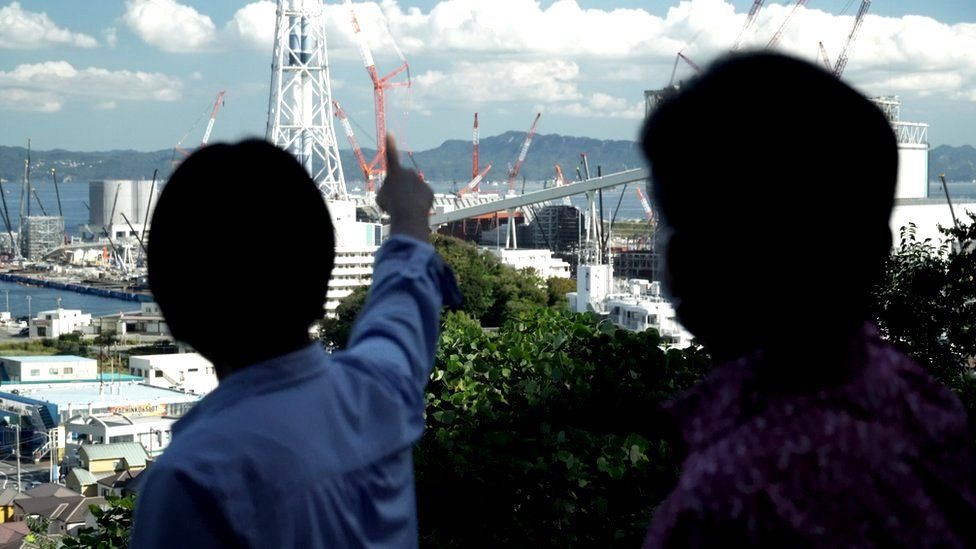Trade, tech and tackling the climate crisis were just some of the topics under discussion this week in Davos. We've also heard from global leaders on Ukraine, the economy and health. Here's a snapshot of what you might have missed this week at Davos 2023.
That's it for our 53rd Annual Meeting in Davos. We've covered a huge range of topics and themes at a difficult time for the global community as it faces a series of interlinked crises - as this year's Global Risks Report explained, a polycrisis.
It's against this backdrop that leaders met under the theme 'Cooperation in a Fragmented World'. And this call for cooperation echoed across speakers, sessions and topics.
As World Economic Forum President Børge Brende told us in his closing remarks, "In an uncertain and challenging time, one thing is clear. We can shape a more resilient, sustainable and equitable future, but the only way to do so is together."
Call for unity and collaboration
"There are no perfect solutions in a perfect storm," António Guterres stressed on Wednesday. "But we can work to control the damage and seize opportunities. Now more than ever, it’s time to forge the pathways to cooperation in our fragmented world."
The scale of the challenge, the sense of urgency, and the importance of collaboration was a thread that linked all the discussions this week, whether on Ukraine, the climate crises, supply chains, technology and innovation, health, the economy and so much more.
Olena Zelenska, First Lady of Ukraine urged world leaders to use their influence to bring an end to Russian aggression. She also stressed the ongoing human impact of the war.
Her husband, Volodymyr Zelenskyy, President of Ukraine, addressed Davos via video link. He also called for decisive action from world leaders, following a minute's silence after the helicopter crash earlier that day. READ MORE...
Olena Zelenska, First Lady of Ukraine urged world leaders to use their influence to bring an end to Russian aggression. She also stressed the ongoing human impact of the war.
Her husband, Volodymyr Zelenskyy, President of Ukraine, addressed Davos via video link. He also called for decisive action from world leaders, following a minute's silence after the helicopter crash earlier that day. READ MORE...



